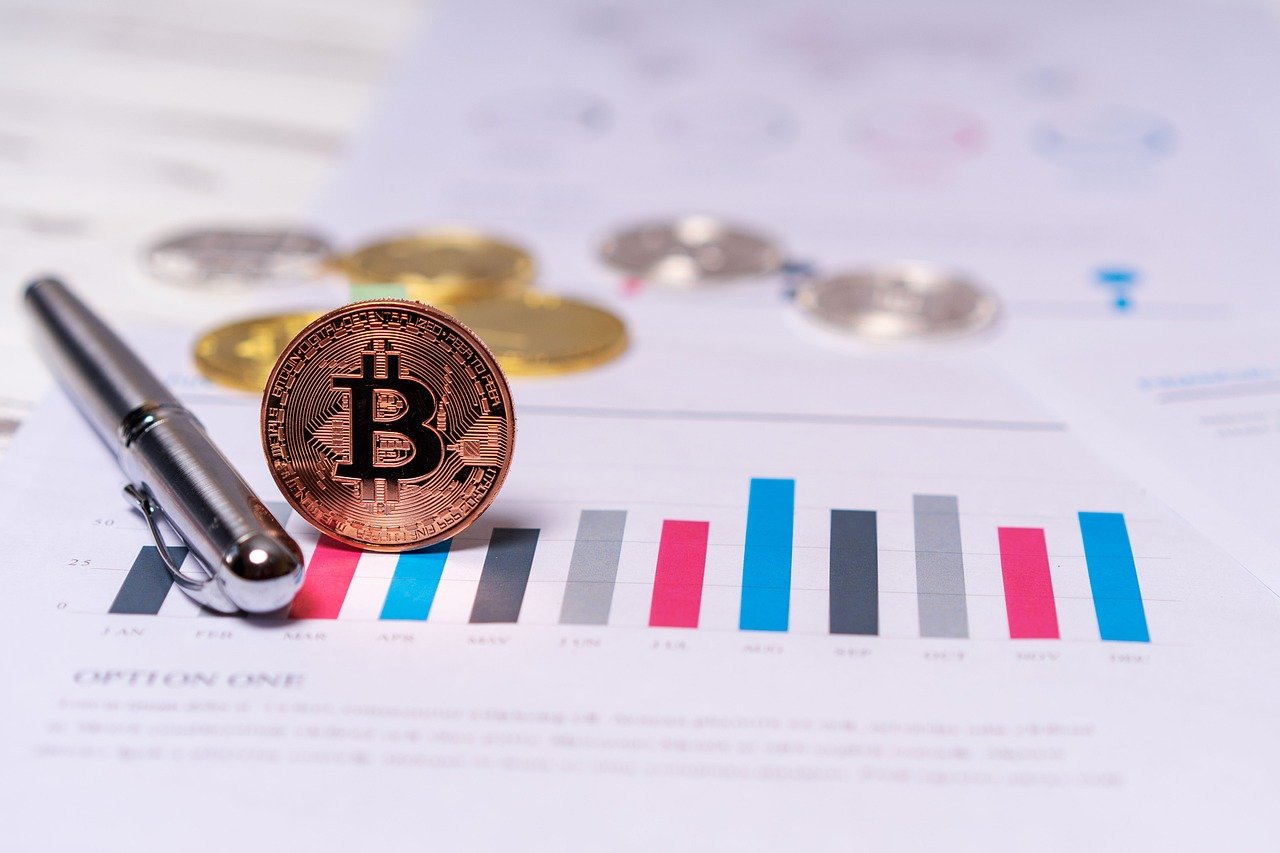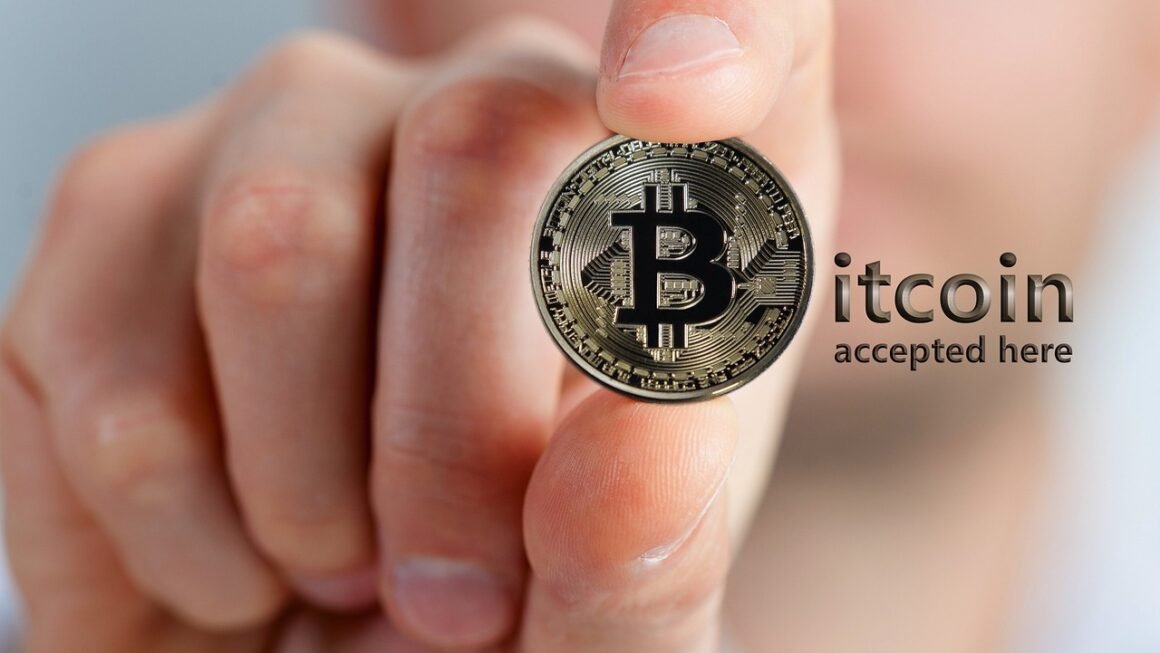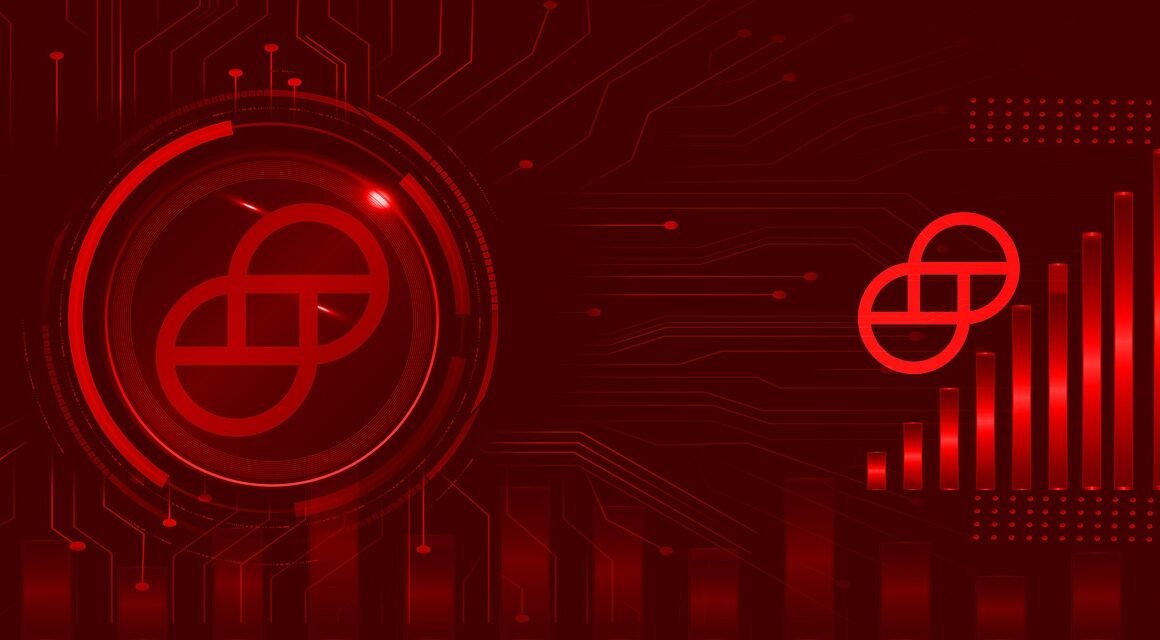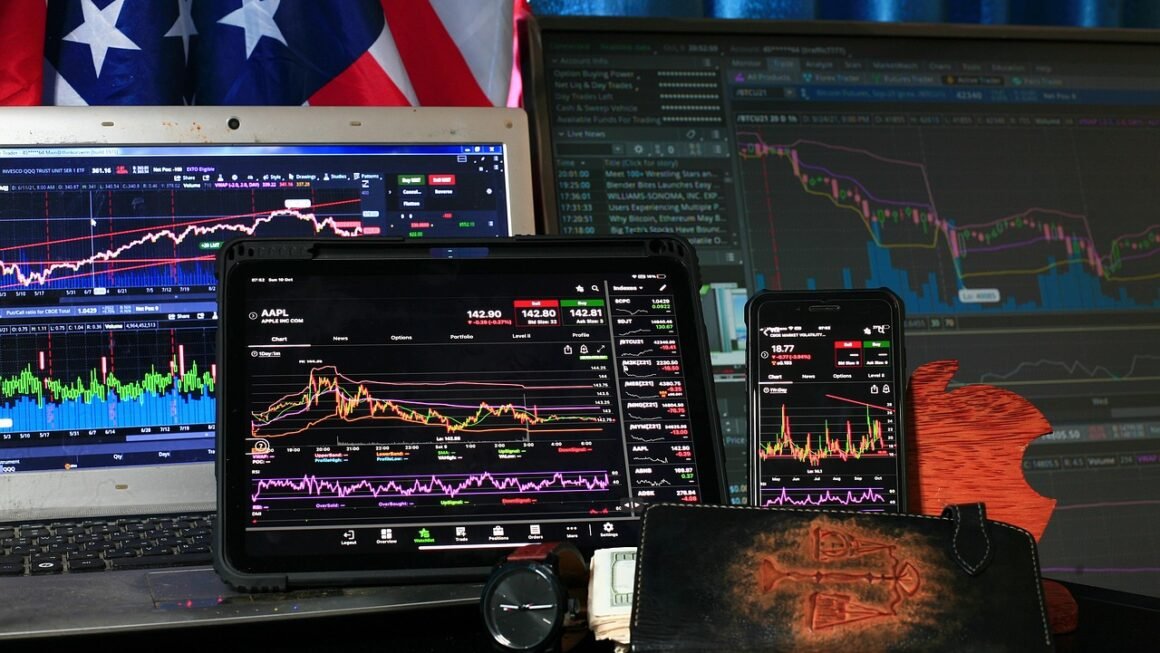Oracles are the unsung heroes of the blockchain world, the critical bridge connecting smart contracts to the real-world data they need to function effectively. Without oracles, blockchains would exist in isolated digital bubbles, unable to interact with external information like market prices, weather conditions, or even election results. This blog post will delve into the world of oracles, exploring their types, functionalities, and the vital role they play in unlocking the true potential of decentralized applications.
What are Blockchain Oracles?
Understanding the Oracle Problem
At its core, the “oracle problem” stems from the inherent nature of blockchains as deterministic systems. Blockchains are designed to execute transactions based on pre-defined rules, making them highly secure and reliable. However, this determinism also means that they cannot directly access or trust data from external sources. This is where oracles come in. They act as intermediaries, fetching information from the outside world and relaying it to smart contracts in a verifiable and secure manner.
Oracles Defined
An oracle is essentially a third-party data feed that provides external information to a blockchain. They are not data sources themselves; rather, they query, verify, and authenticate external data before delivering it to a smart contract. Think of them as translators between the digital and physical worlds.
- Key Function: Provide external data to smart contracts.
- Role: Bridge the gap between blockchain and the real world.
- Challenge: Ensuring data accuracy and security.
Types of Blockchain Oracles
Oracles come in various forms, each tailored to specific data needs and security requirements. Understanding these different types is crucial for choosing the right oracle for your dApp.
Source of Information: Software vs. Hardware
- Software Oracles: These are the most common type, retrieving data from online sources such as websites, APIs, and databases. They can provide information ranging from cryptocurrency prices and stock quotes to weather reports and flight statuses.
Example: A smart contract betting on the outcome of a football game could use a software oracle to retrieve the final score from a sports data API.
- Hardware Oracles: These oracles gather data from the physical world using sensors, barcode scanners, and other hardware devices. They are often used in supply chain management, IoT applications, and other scenarios where real-world data is essential.
Example: A supply chain tracking application might use a hardware oracle (e.g., a temperature sensor) to monitor the temperature of perishable goods during transportation and trigger alerts if the temperature exceeds a certain threshold.
Direction of Information: Inbound vs. Outbound
- Inbound Oracles: Provide data from the external world to the blockchain. This is the most typical oracle function.
Example: An oracle providing current ETH/USD price to a DeFi lending protocol.
- Outbound Oracles: Allow smart contracts to send data to the external world. This is less common but essential for certain applications.
Example: A smart contract controlling a door lock might use an outbound oracle to send a signal to unlock the door when certain conditions are met.
Trust Model: Centralized vs. Decentralized
- Centralized Oracles: Controlled by a single entity, acting as a single source of truth. While convenient, they present a single point of failure and trust is placed entirely on the operator.
Example: A company managing its own oracle to provide proprietary data to a specific dApp.
- Decentralized Oracles (Data Feeds): Aggregate data from multiple independent sources to reduce the risk of manipulation and improve reliability. Also known as multi-oracle systems. These provide a more robust and trustworthy solution.
Example: Chainlink is a popular decentralized oracle network providing various data feeds. Data is collected from multiple independent nodes, each fetching data from different sources, thereby reducing the risk of a single point of failure.
The Importance of Oracles in Blockchain Applications
Oracles are fundamental to the success of numerous blockchain applications, enabling functionality that would otherwise be impossible.
Powering Decentralized Finance (DeFi)
DeFi protocols heavily rely on accurate and timely data feeds, primarily price data, to function correctly. Oracles provide the essential price information for:
- Decentralized Exchanges (DEXs): Determining exchange rates between different cryptocurrencies.
- Lending and Borrowing Platforms: Calculating collateralization ratios and liquidation thresholds.
- Stablecoins: Maintaining peg to a fiat currency or other asset.
Without reliable oracles, DeFi applications would be vulnerable to price manipulation and could lead to significant financial losses.
Enhancing Supply Chain Management
Oracles can provide real-time tracking and monitoring of goods throughout the supply chain, enhancing transparency and efficiency.
- Tracking Location: Using hardware oracles to track the location of shipments.
- Monitoring Conditions: Sensors monitoring temperature, humidity, and other environmental factors.
- Verifying Authenticity: Using oracles to verify the authenticity of products.
Enabling Insurance Applications
Smart contract-based insurance platforms can leverage oracles to automatically process claims based on real-world events.
- Flight Delay Insurance: Oracles can automatically verify flight delays and trigger payouts to affected passengers.
- Crop Insurance: Weather oracles can provide data on rainfall and temperature to determine crop yields and trigger insurance payouts in case of drought or other adverse weather conditions.
Challenges and Considerations When Using Oracles
While oracles are essential, their use introduces potential security risks and challenges that must be carefully considered.
The Oracle Problem Revisited: Data Accuracy and Trust
The accuracy and reliability of oracle data are paramount. If an oracle provides incorrect or manipulated data, it can compromise the integrity of the entire smart contract and lead to unintended consequences.
- Mitigation Strategies:
Decentralized Oracles: Using multiple independent oracles to reduce the risk of manipulation.
Reputation Systems: Implementing reputation systems to incentivize oracles to provide accurate data.
* Data Verification: Implementing mechanisms to verify the accuracy of data before it is used by the smart contract.
Security Considerations
Oracles can be vulnerable to attacks, such as data tampering and manipulation.
- Securing the Oracle Infrastructure: Protecting the oracle’s infrastructure from unauthorized access and attacks.
- Using Secure Communication Protocols: Ensuring secure communication between the oracle and the smart contract.
- Implementing Redundancy: Using multiple oracles to provide redundancy and prevent single points of failure.
Cost and Scalability
Using oracles can add to the cost and complexity of deploying and running smart contracts.
- Oracle Fees: Oracles typically charge fees for providing data.
- Increased Transaction Costs: Retrieving data from oracles can increase transaction costs.
- Scalability Challenges: Handling a large volume of oracle requests can pose scalability challenges.
Conclusion
Oracles are a crucial piece of the puzzle for making blockchain technology truly useful. By connecting smart contracts to real-world data, they unlock a wide range of possibilities for decentralized applications across various industries. While challenges related to data accuracy, security, and cost must be carefully addressed, the ongoing development and adoption of decentralized oracle networks are paving the way for a more robust and reliable future for blockchain technology. Choosing the right type of oracle for a specific use case and implementing appropriate security measures are essential steps towards realizing the full potential of blockchain and smart contracts.



